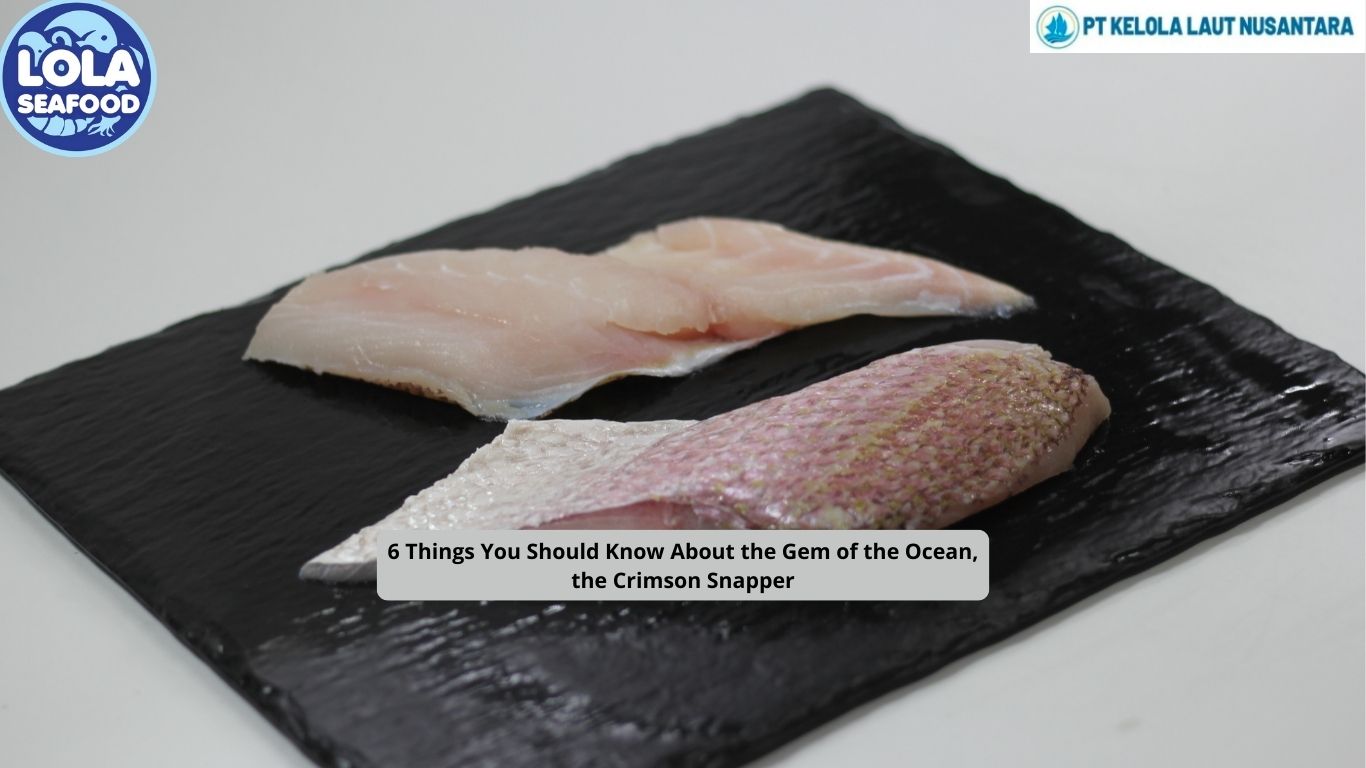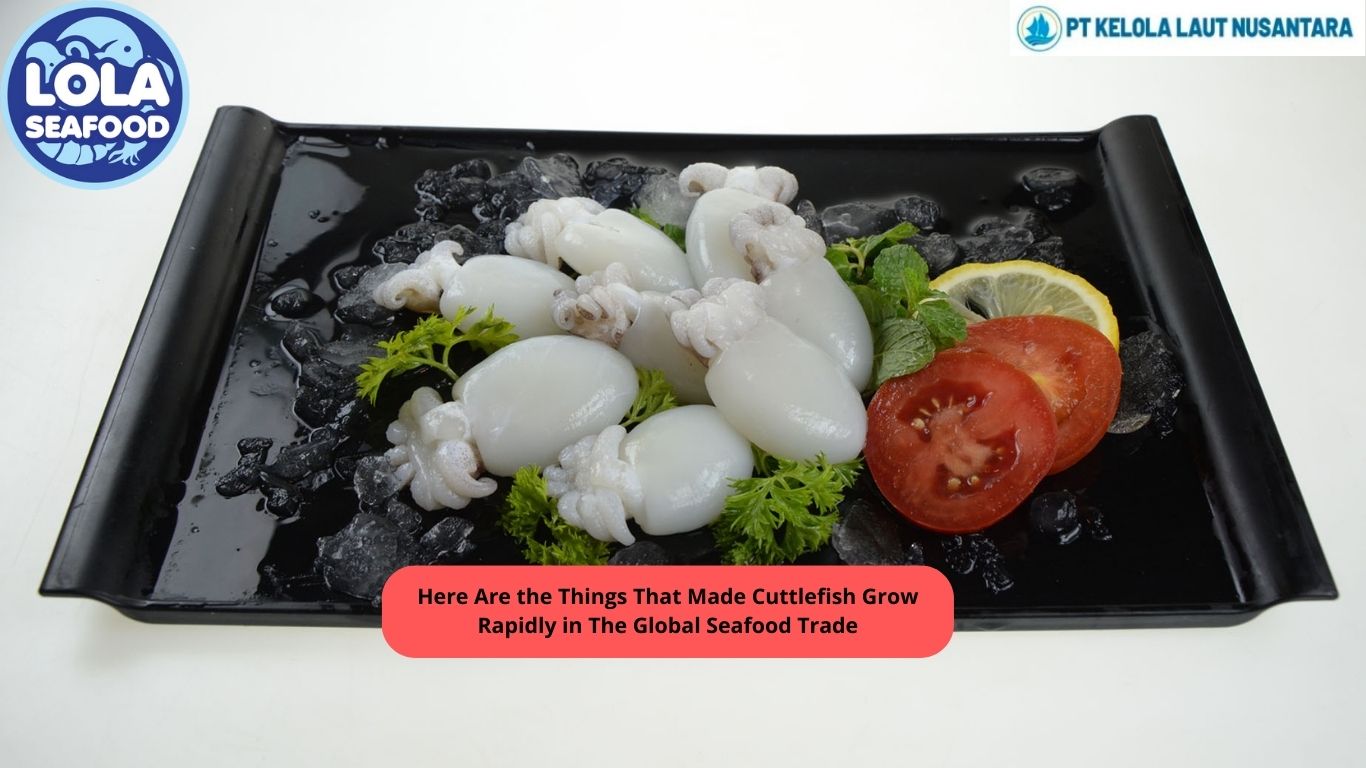5 Weakness Of Freezing Method On Fish Preservation
By. Nevanda - 23 Jun 2023
kelolalaut.com - Fish freezing is a method of fish preservation that involves lowering the temperature of fish below the freezing point of water to stop biological activity and slow the growth of microorganisms. This process is done by keeping the fish at a low temperature, usually below -18 degrees Celsius, thus allowing the fish to remain fresh and safe for consumption for a longer period of time.
Although the fish freezing method has many advantages, there are some disadvantages that need to be considered, including:
1. Changes in texture
The process of freezing fish can cause changes in the texture of the fish meat. As the water in the fish tissue freezes, the ice crystals formed can damage the cell structure and cause damage to the meat fibers. As a result, after the fish is reconstituted, the texture of the fish meat may become softer or thicker, especially in some fish species that are sensitive to freezing.
Read also: You Should Try This Surf and Turf Recipe
2. Loss of moisture
The freezing process can cause moisture loss from the fish. When the water in the tissue freezes, a small amount of moisture may be lost and result in dehydration of the frozen fish. This can lead to weight loss of the fish and can also affect the texture and flavor of the fish after thawing.
3. Separation of water and fat
During freezing, the water in the fish may separate from the fat component. When the fish is thawed, this separation can lead to changes in texture and loss of flavor in the fish. This is especially true for high-fat fish, where the fat can affect the organoleptic quality after freezing.
Read aslo: 5 Benefits Of Freezing Methods On Fish Preservation
4. Potential quality deterioration
While freezing can help maintain the quality of fish over a longer period of time, if the freezing process is not done properly or the fish is stored in non-optimal conditions after freezing, the quality of the fish may suffer. For example, if the fish suffers from uneven ice release or re-freezing, there can be significant deterioration in texture and flavor.
5. Time and cost
The process of freezing fish requires time and resources, especially if a quick freezing method using an air blast freezer or liquid nitrogen freezing is used. Efficient freezing methods require specialized equipment and additional costs to maintain the right temperature during freezing. In addition, processing and preparing the fish before freezing also requires time and effort.
In the face of these shortcomings, it is important to implement proper freezing practices and pay attention to fish quality factors after the freezing process, such as proper storage and the right processing.
Read also: Tuna Casserole Recipe For Your Dinner Idea

.jpg)
 (1).png)
.jpg)
.jpg)
.jpg)
.jpg)
 (1).png)
